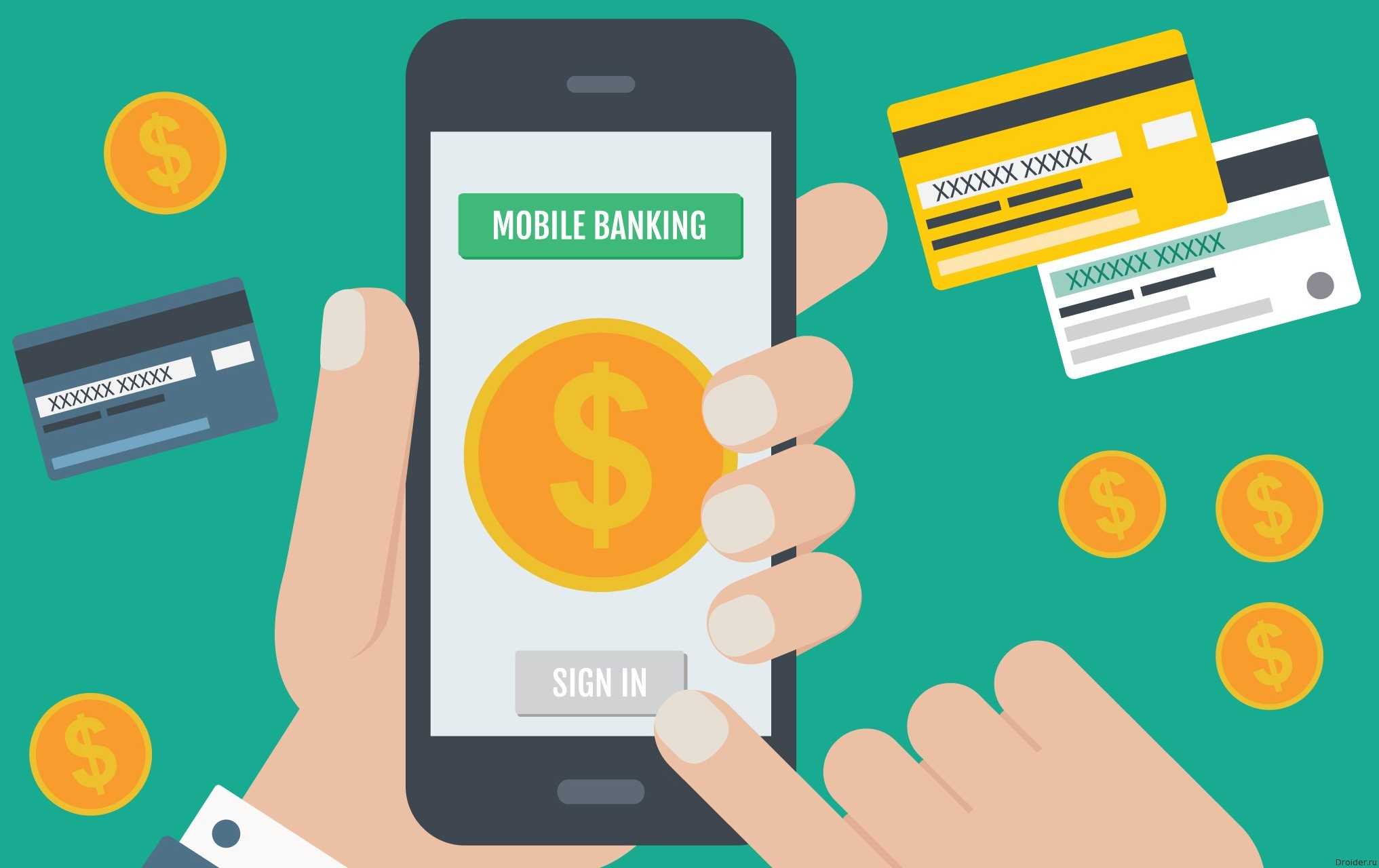How Mobile Banking Is Revolutionizing Traditional Banks
Mobile banking is transforming the landscape of traditional banking, offering unprecedented convenience, accessibility, and efficiency. As smartphones become ubiquitous, banks are increasingly leveraging mobile technology to enhance customer experiences and streamline operations. This revolution is reshaping the way consumers interact with financial institutions and manage their finances.
Convenience and Accessibility
One of the most significant impacts of mobile banking is the convenience it offers to customers. No longer confined to visiting physical branches or accessing services during business hours, customers can now perform banking tasks anytime, anywhere. Whether it's checking account balances, transferring funds, or paying bills, mobile banking apps provide users with 24/7 access to their finances.
Learn more about mobile banking and how to use it: https://grostenquin.org/en/art....icles/mobile-banking
Enhanced Customer Experience
Mobile banking has also revolutionized the customer experience by offering personalized and intuitive services. Banks are using mobile apps to provide tailored financial advice, track spending habits, and offer alerts for unusual account activity. These features not only enhance security but also empower customers to take more control over their financial well-being. The seamless integration of banking services with other mobile applications, such as digital wallets and investment platforms, further enhances the user experience, making financial management more holistic and convenient.
Cost Efficiency for Banks
For traditional banks, mobile banking is a cost-effective way to serve customers. By encouraging the use of mobile apps, banks can reduce the need for physical branches and in-person customer service, leading to significant cost savings. Additionally, digital transactions are faster and less expensive to process compared to traditional methods. This shift allows banks to allocate resources more efficiently and invest in other areas of growth, such as digital innovation and cybersecurity.
Financial Inclusion
Mobile banking is also playing a crucial role in promoting financial inclusion. In regions where access to traditional banking services is limited, mobile banking offers an entry point for the unbanked population. By simply using a smartphone, individuals can open accounts, save money, and participate in the formal financial system. This inclusion not only benefits individuals but also contributes to economic growth and stability.
Conclusion
Mobile banking is revolutionizing traditional banks by making banking services more accessible, enhancing customer experiences, and reducing operational costs. As technology continues to evolve, mobile banking is likely to become even more integral to the financial industry, driving further innovation and reshaping the future of banking.
